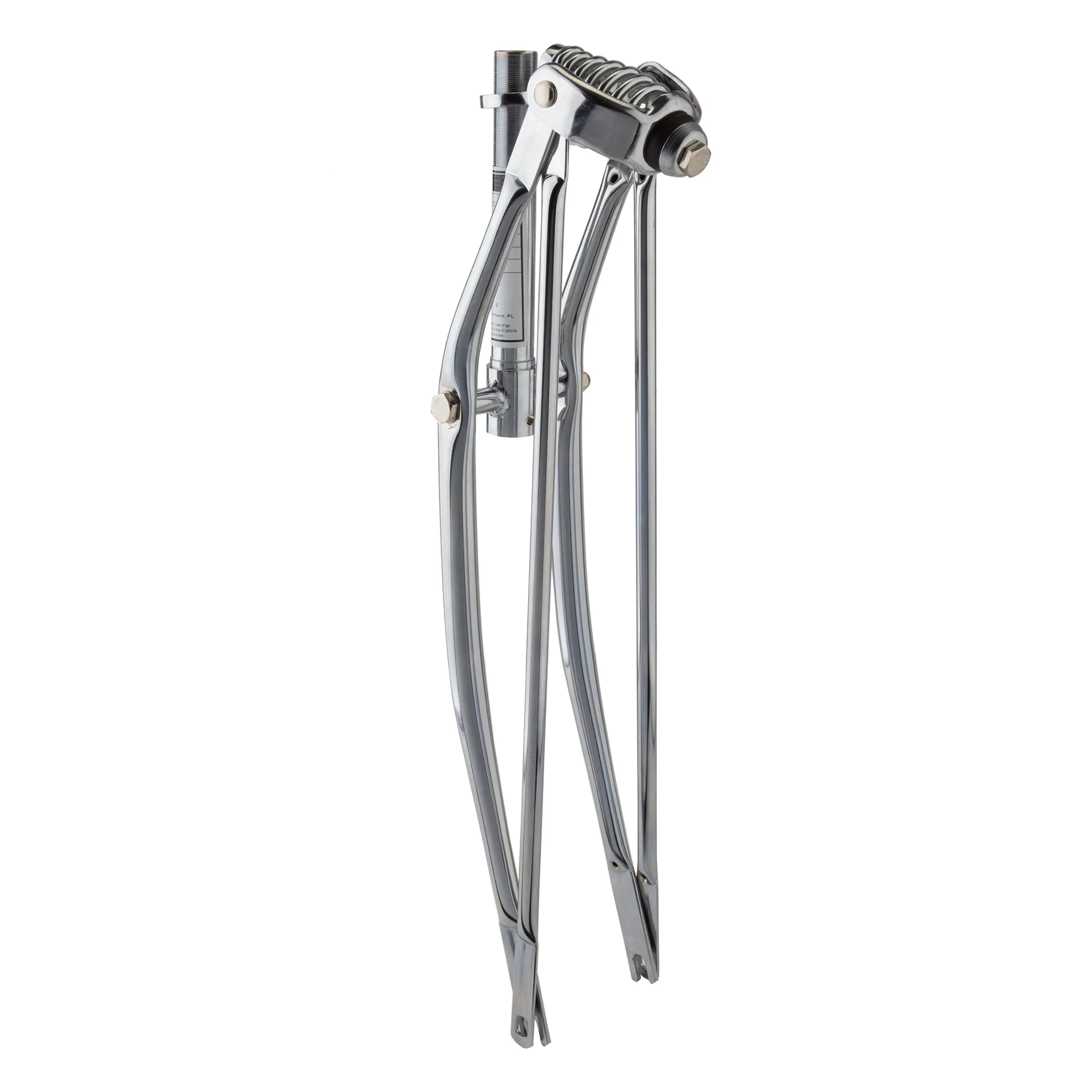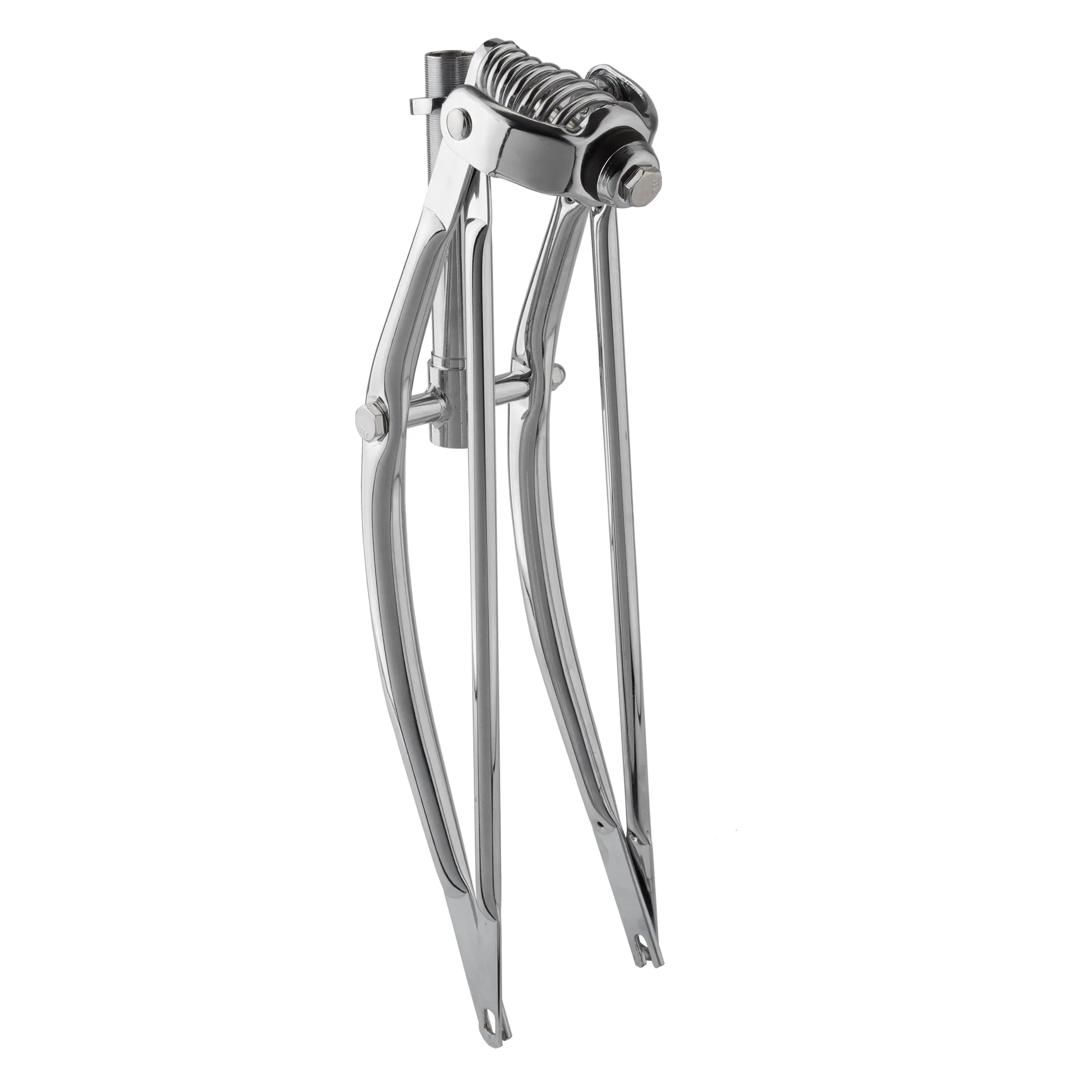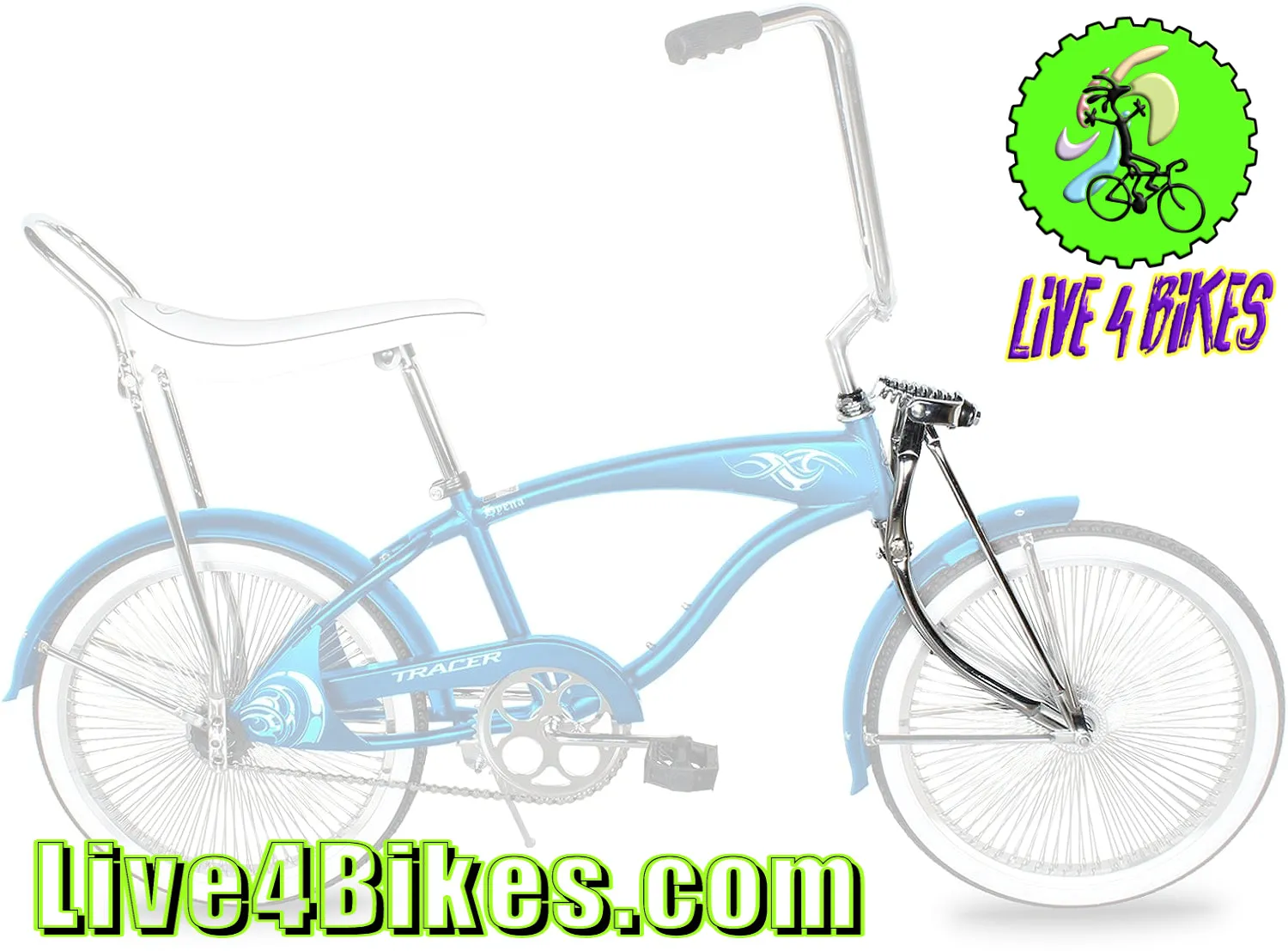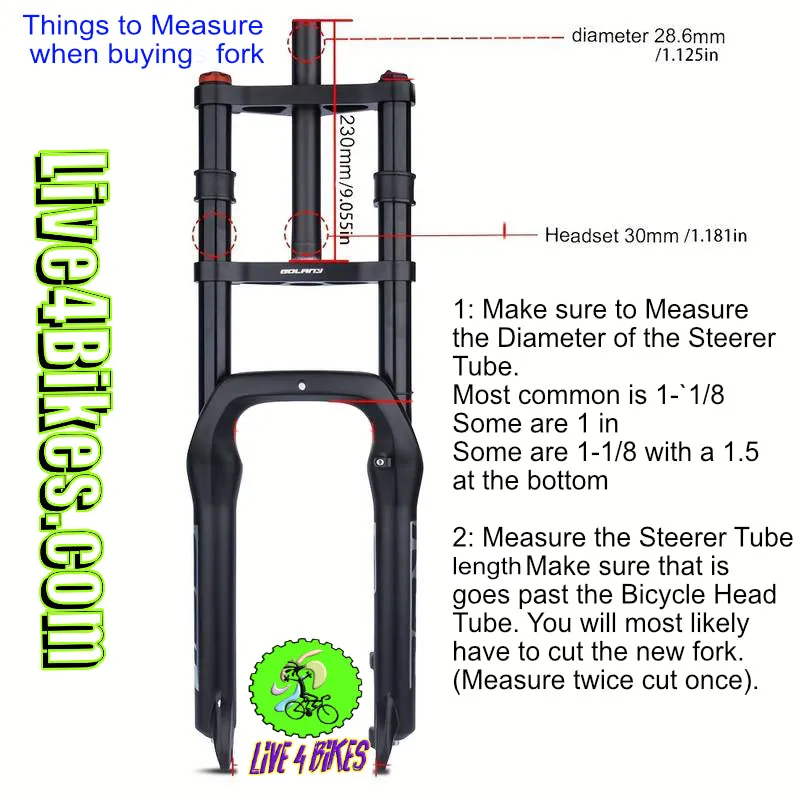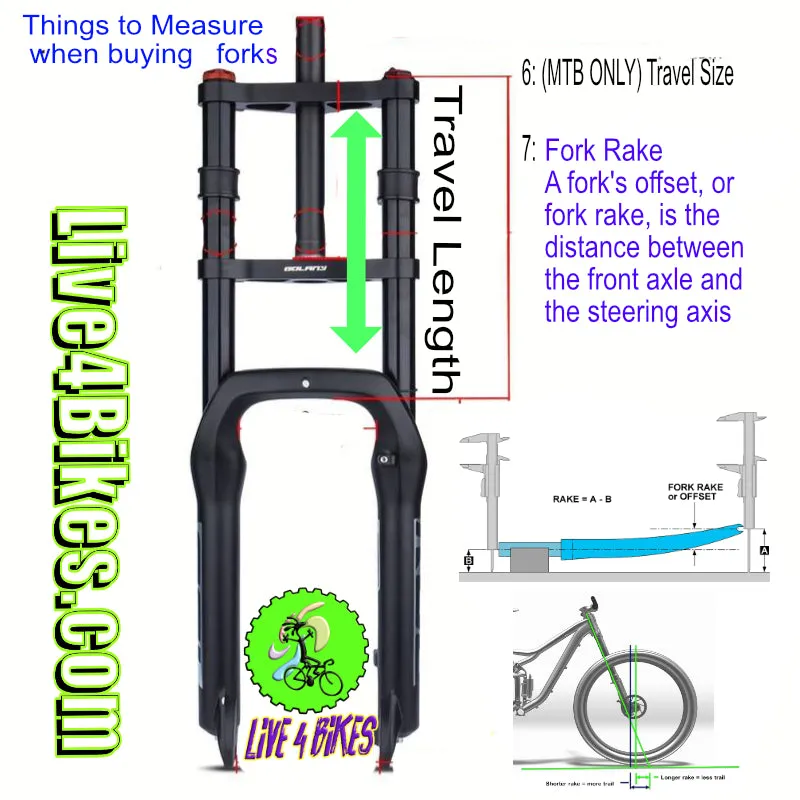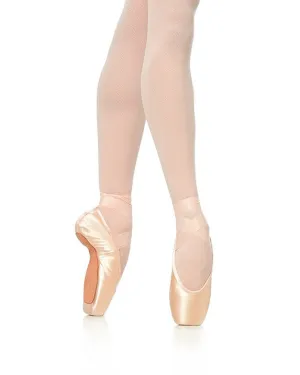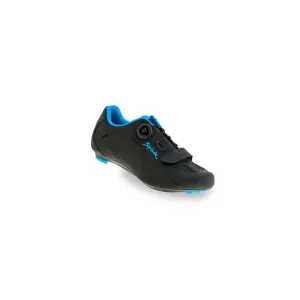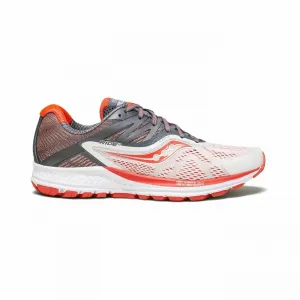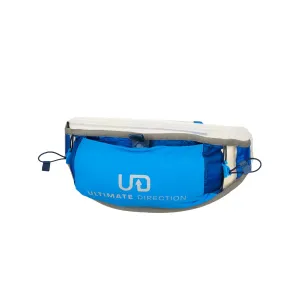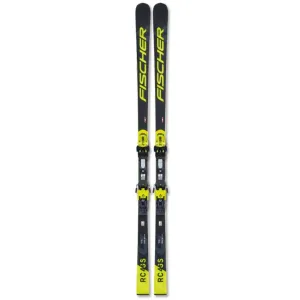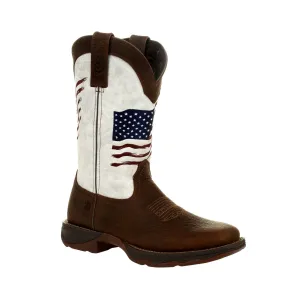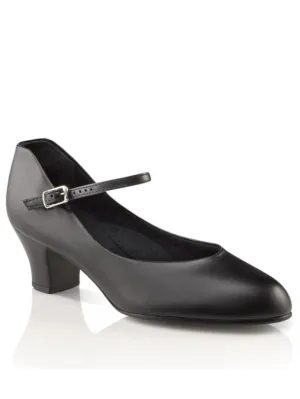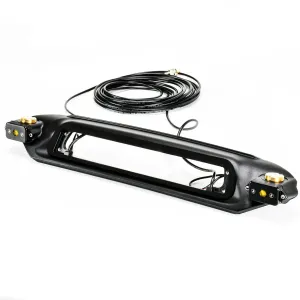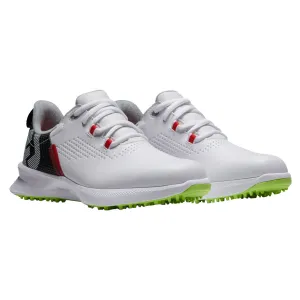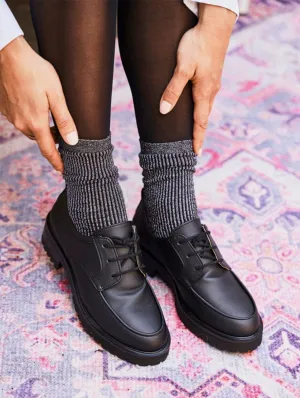- Size: 26 Inch
- Steerer: Threaded 1 Inch (22.2mm ID)
- Steerer Length: 195mm (109mm Threaded)
- Material: Steel
- Axle Size: 3/8
- Color: Chrome
The Classic Charm of 26-inch Springer Forks: Elevating Your Beach Cruiser Experience
When it comes to enhancing the style and comfort of your beach cruiser bike, few components make a statement quite like a 26-inch Springer Fork. This classic design not only bestows a distinctive low rider look but also offers a comfortable and smooth ride. In this article, we'll explore the unique features of the 26-inch Springer Fork, why it's a popular choice for beach cruisers, and important considerations when installing one on your bike.
The Beach Cruiser Aesthetic
The 26-inch Springer Fork is a hallmark of beach cruiser culture. These forks are synonymous with the laid-back, leisurely rides along the coast. Their characteristic spring-based suspension system provides a relaxed, comfortable ride that perfectly complements the easygoing beach lifestyle. Whether you're cruising the boardwalk or gliding along sandy shores, the Springer Fork effortlessly combines form and function.
Classic Low Rider Look
One of the standout features of a 26-inch Springer Fork is its ability to transform the appearance of your bike. With its distinctive shape and chrome finish, it imparts a classic low rider aesthetic that harks back to the golden era of cruising. The elongated fork legs and unique suspension system not only add character but also evoke a sense of nostalgia, capturing the essence of retro beach cruising.
When it comes to enhancing the style and comfort of your beach cruiser bike, few components make a statement quite like a 26-inch Springer Fork. This classic design not only bestows a distinctive low rider look but also offers a comfortable and smooth ride. In this article, we'll explore the unique features of the 26-inch Springer Fork, why it's a popular choice for beach cruisers, and important considerations when installing one on your bike.
The Beach Cruiser Aesthetic
The 26-inch Springer Fork is a hallmark of beach cruiser culture. These forks are synonymous with the laid-back, leisurely rides along the coast. Their characteristic spring-based suspension system provides a relaxed, comfortable ride that perfectly complements the easygoing beach lifestyle. Whether you're cruising the boardwalk or gliding along sandy shores, the Springer Fork effortlessly combines form and function.
Classic Low Rider Look
One of the standout features of a 26-inch Springer Fork is its ability to transform the appearance of your bike. With its distinctive shape and chrome finish, it imparts a classic low rider aesthetic that harks back to the golden era of cruising. The elongated fork legs and unique suspension system not only add character but also evoke a sense of nostalgia, capturing the essence of retro beach cruising.
Comfort in Every Ride
Beyond its visual appeal, the 26-inch Springer Fork prioritizes rider comfort. The spring-based suspension absorbs shocks and vibrations, resulting in a smoother, more enjoyable ride. This feature is particularly beneficial when navigating uneven or bumpy terrain, ensuring that you arrive at your destination feeling relaxed and refreshed.
Crucial Considerations: Steertube, Headset, and Headtube Size
Before installing a 26-inch Springer Fork on your beach cruiser, it's imperative to pay attention to several key measurements:
1. **Steertube Size**: Most 26-inch Springer Forks are designed to fit on 1-inch bikes. Ensure that your bike's steerer tube matches this dimension to guarantee a proper fit.
2. **Headset Size**: The headset is the component that connects the fork to the frame. It's essential to verify that your headset is compatible with the 26-inch Springer Fork. Again, a 1-inch headset is the standard for these forks.
3. **Headtube Length**: The length of your bike's headtube is crucial for proper installation. A longer headtube may require additional spacers or modifications to ensure a secure fit.
A 26-inch Springer Fork is more than just a bicycle component; it's an emblem of timeless style and comfort, particularly popular among beach cruiser enthusiasts. Its distinctive design and suspension system bring a touch of nostalgia to every ride, elevating your cycling experience. When considering this classic fork, remember to carefully measure your bike's steertube, headset, and headtube to ensure a seamless installation. With a 26-inch Springer Fork, you'll not only turn heads but also enjoy a truly remarkable cruising experience.
Title: Navigating the World of Bicycle Forks: A Comprehensive Guide
Introduction
Bicycle forks play a crucial role in determining a bike's performance, comfort, and handling. Whether you're a seasoned cyclist or a novice, understanding the key factors to consider when purchasing a new fork is essential. In this article, we will delve into the intricacies of bicycle forks, highlighting the importance of width, length, and wheel size, while also discussing the nuances of springer forks and the unique considerations for carbon fiber models.
Width Matters
The width of a bicycle fork is a critical factor in ensuring a proper fit for your bike. It is crucial to match the fork's width with your bike's frame, as an ill-fitting fork can lead to handling issues and compromised safety. Measure the width of your frame's head tube before purchasing a new fork. Common widths include 1 inch, 1 1/8 inch, and 1 1/2 inch. Additionally, some forks are designed to be tapered, meaning they are narrower at the top and wider at the bottom. Always double-check compatibility before making a purchase.
Length and Suspension
Fork length is another pivotal consideration. The length of a fork affects the bike's overall geometry, impacting its handling characteristics. Longer forks provide more suspension travel, making them suitable for off-road and mountain biking. Shorter forks are typically found on road bikes, prioritizing efficiency and aerodynamics. When choosing a fork, consider your riding style and terrain preferences. Remember, longer suspension forks are not always better; they can alter the bike's balance and stability.
Wheel Size Compatibility
Selecting a fork compatible with your bike's wheel size is paramount. Forks are designed to accommodate specific wheel diameters, such as 26 inches, 27.5 inches, and 29 inches. Mismatching wheel size and fork can result in handling issues and potential safety hazards. Always verify the fork's compatibility with your bike's wheel size before making a purchase.
Springer Forks: Unique Considerations
Springer forks are distinctive in their design, utilizing a spring-based suspension system that offers a classic look and a smooth ride. When considering a springer fork, pay attention to the rake angle. Rake refers to the forward or backward angle of the fork's blades relative to the vertical axis. Different rake angles can significantly impact a bike's handling characteristics. For instance, increased rake can provide stability at high speeds, while decreased rake enhances maneuverability.
Carbon Fiber Forks: Special Handling
Carbon fiber forks are popular for their lightweight and vibration-damping properties. However, they require special attention when it comes to cutting or modifying them. Unlike metal forks, carbon fiber cannot be cut with conventional tools. A special blade designed for carbon fiber is necessary to prevent splintering and ensure a clean cut. If you're not experienced with working on carbon fiber components, it's advisable to seek professional assistance.
Selecting the right bicycle fork is a critical decision that influences your bike's performance and comfort. Consider factors like width, length, and wheel size to ensure compatibility with your frame. If you're exploring springer forks, pay attention to rake angles for optimal handling. When working with carbon fiber forks, remember to use specialized tools to avoid damage. By keeping these considerations in mind, you'll be well-equipped to make an informed decision when purchasing a new bicycle fork. Happy cycling!

 Cart(
Cart(